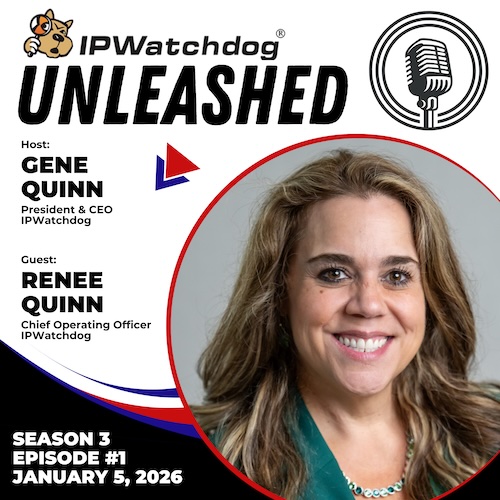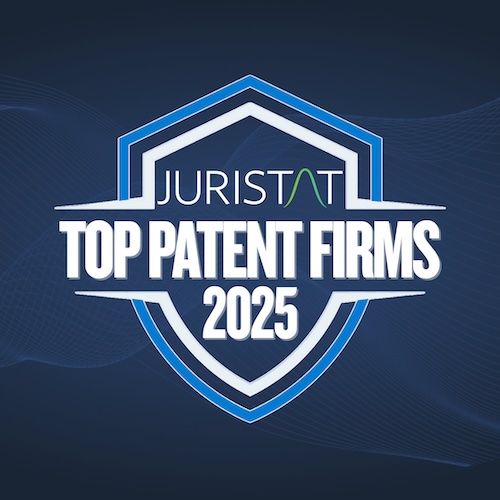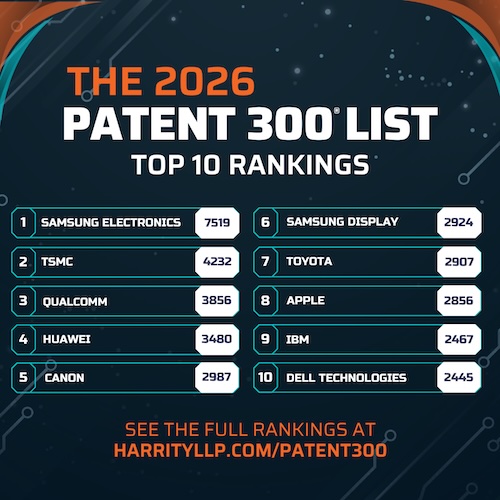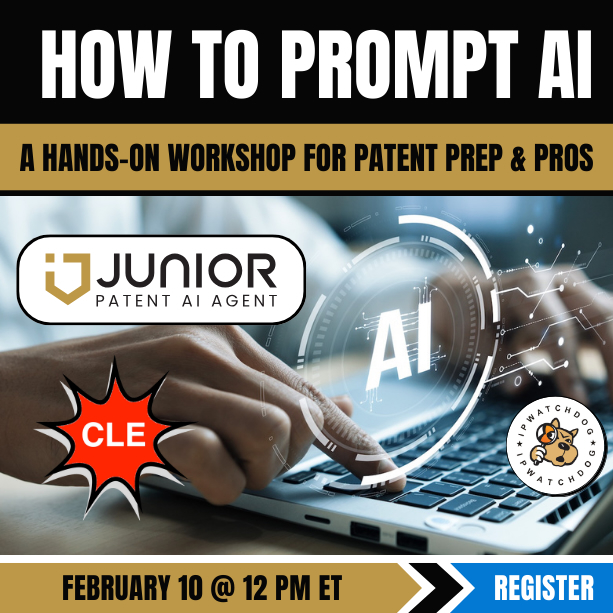The U.S. Court of Appeals for the Federal Circuit (CAFC) on Monday in part reversed a district court’s decision upholding GoTV Streaming, LLC’s patents as eligible, finding instead that they were invalid under Section 101. While the opinion, authored by Judge Taranto, also reversed the district court’s finding that the claims were invalid for indefiniteness, the panel found they were directed to an abstract idea and therefore vacated the district court’s summary judgment of no inducement and its denial of GoTV’s motion for a new trial on damages, ordering the district court to enter judgment for Netflix, Inc., ending the case.
The U.S. Court of Appeals for the Federal Circuit (CAFC) on Friday affirmed a district court’s summary judgment ruling that six patents owned by Innovaport LLC are invalid for claiming ineligible subject matter under 35 U.S.C. § 101. The Federal Circuit agreed that the patents, which are directed to systems and methods for providing in-store product location information, claimed an abstract idea without adding a sufficient inventive concept to make them patent-eligible.
When Temu launched in September 2022, it set out to connect consumers with sellers offering quality, affordable products. Today, the platform has built out a comprehensive system to keep counterfeit goods at bay. The number of brands Temu actively scans for fakes has grown from 3,000 to more than 5,000 over the past year. Temu now resolves more than 99% of requests to remove unauthorized products within three business days—most in under 24 hours.
Patent portfolios are frequently discussed in terms of size, technological breadth, or litigation potential. Those characteristics may be easy to measure, but they are not what determines whether a portfolio succeeds or fails. At their core, patent portfolios are business assets that must be managed deliberately and strategically. When they are not, they become cost centers that quietly consume resources without delivering meaningful competitive advantage.
In this episode of IPWatchdog Unleashed, I speak with Matt Johnson, Co-Chair of the PTAB Practice at Jones Day, and we take an in-depth look at the Patent Trial and Appeal Board (PTAB) nearly a decade and a half after its launch. Johnson and I discuss the ongoing PTAB reset at the United States Patent and Trademark Office (USPTO) and suggest practical fixes for a better, reengineered PTAB. The majority of the conversation is devoted to concrete, targeted reform suggestions that would lead to a better functioning PTAB and more streamlined IPR review system. Instead of abstract complaints, Johnson proposes narrowing PGR estoppel to encourage early challenges, moving IPR estoppel to the point of institution to eliminate gamesmanship, separating institution decisions from full merits adjudication to reduce confirmation bias, and rethinking quiet-title concepts to better align notice to implementers with settled expectations of patent owners.
In this week’s episode of IPWatchdog Unleashed, I speak with Megan Carpenter, who just recently stepped down as Dean of UNH Franklin Pierce School of Law after more than eight years. Our conversation was part personal journey and business philosophy together with a candid assessment of the IP ecosystem. We tackle emerging issues, including AI’s impact on legal practice and education. And we discuss the role of IP as essential to sustaining innovation in a rapidly evolving global economy, and fostering human creativity, innovation, and economic mobility.
In the latest episode of IPWatchdog Unleashed, I sat down with my good friends Brad Close, who is the Executive Vice President of Transpacific IP, and Jim Carmichael, a former judge on the Board of Patent Appeals and Interferences and founder of Carmichael IP. Brad, Jim and I engaged in a candid conversation that provides our unvarnished assessment of the Patent Trial and Appeal Board (PTAB), where it started historically, where it is today, and where it may finally be headed. Bottom line: the PTAB is no longer the automatic execution squad it once was, but durable patent rights will require reform well beyond the agency level.
This week in Other Barks & Bites: Senator Ted Cruz (R-TX) calls for a federal framework for deploying self-driving cars to replace the state patchwork negatively impacting U.S. dominance in the field; a major apparel industry organization releases a study showing that nearly half of counterfeit products test positively for high levels of hazardous chemicals; Novartis issues guidance calling for its first annual operating profit loss in a decade due to patent expirations to blockbusters Entresto and Xolair; and more.
he U.S. Court of Appeals for the Federal Circuit (CAFC) on Thursday affirmed a Western District of Texas decision granting Walmart, Inc. summary judgment that Q Technologies’ content sharing patents are invalid as patent ineligible. The opinion was authored by Judge Lourie. Q Technologies owns U.S. Patent 9,635,108, 10,567,473 and 10,594,774, all of which are titled “Systems and Methods for Content Sharing Using Uniquely Generated Identifiers” and share a common specification.
The U.S. Court of Appeals for the Federal Circuit (CAFC) on Thursday affirmed a district court’s grant of summary judgment of noninfringement in favor of Tricam Industries, Inc. in a patent infringement suit brought by Little Giant Ladder Systems, LLC. The decision held that Tricam’s ladders did not infringe Little Giant’s patent, either literally or under the doctrine of equivalents, and that the district court correctly construed the key claim term “cavity.”
As we wind down 2025 it is time to reflect on the year that was, and what the future will bring. This year was punctuated by a structural reset for the U.S. patent system. What unfolded was not just incremental reform, but a coordinated shift driven by leadership change, policy realignment, economic pressure, and accelerating adoption of AI—all converging to reshape how patents are examined, challenged, monetized, and managed. This week on IPWatchdog Unleashed we explore the monumental changes and the biggest trends that impacted the patent and innovation industry during 2025, and which will play an important role in defining 2026.
This week on IPWatchdog Unleashed, I sat down with prolific inventor Gil Hyatt, exploring his innovative journey and aspirations to leave a lasting legacy. One of the key highlights of the conversation was Gil’s creation of a non-profit Pioneering AI Foundation, which is aimed at advancing AI technology and bolstering U.S. economic interests. This non-profit organization is set to hold Gil’s substantial portfolio of AI patent applications, which cover his pioneering work dating back to the 1980s, and includes groundbreaking claims in artificial intelligence that could revolutionize sectors like education, manufacturing, and trade.
This week on IPWatchdog Unleashed, I sat down with my business and life partner, Renee Quinn. In addition to telling Renee’s story about how she found her way into the intellectual property world, and through our sometimes-comical banter, we together explore what it really takes to build, sustain, and continuously reinvent an entrepreneurial company like IPWatchdog. What emerged was a practical roadmap for entrepreneurship, invention, navigating platform risk, and focused on the necessity of constantly being ready to pivot as old business models start to show signs of age and ultimately falter. From Renee’s journey from IP outsider to patented inventor, to firsthand lessons learned navigating Amazon’s reseller ecosystem, the discussion highlights how intellectual property operates in the real world, not the classroom.

Latest Podcasts

IPWatchdog Events
CLE Webinar: How to Prompt AI – A Hands-On Workshop for Patent Prep and Pros
February 10 @ 12:00 pm - 1:00 pm ESTWebinar: IP at Risk – Avoiding Costly Compliance Mistakes in Export Controls
February 12 @ 12:00 pm - 1:00 pm ESTWebinar: Optimizing the Chemistry Drafting Process – Where AI Actually Helps
February 17 @ 12:00 pm - 1:00 pm ESTWebinar: Resurrecting Antibody Genus Protection – Allowed Claims Through CDR-Scanning
March 5 @ 12:00 pm - 1:00 pm ESTIPWatchdog LIVE 2026 at the Renaissance Arlington Capital View
March 22 @ 1:00 pm - March 24 @ 7:00 pm EDT
Industry Events

Subscribe to IPWatchdog
This is the best way to stay informed. We send a daily roundup of our latest news, press releases, and events.
Get Email Updates
Sponsored Content

Recent Podcasts

Press Releases


![[IPWatchdog Logo]](https://ipwatchdog.com/wp-content/themes/IPWatchdog%20-%202023/assets/images/temp/logo-small@2x.png)
![[Advertisement]](https://ipwatchdog.com/wp-content/uploads/2026/02/Junior-AI-Feb-10-2026-banner-with-speakers-1500x500-1.jpg)
![[Advertisement]](https://ipwatchdog.com/wp-content/uploads/2026/02/Anaqua-Feb-12-2026-banner-1500x500-1.jpg)
![[Advertisement]](https://ipwatchdog.com/wp-content/uploads/2026/02/Anaqua-Feb-12-2026-sidebar-700x500-1.jpg)
![[Advertisement]](https://ipwatchdog.com/wp-content/uploads/2025/12/LIVE-2026-sidebar-regular-price-700x500-1.jpg)





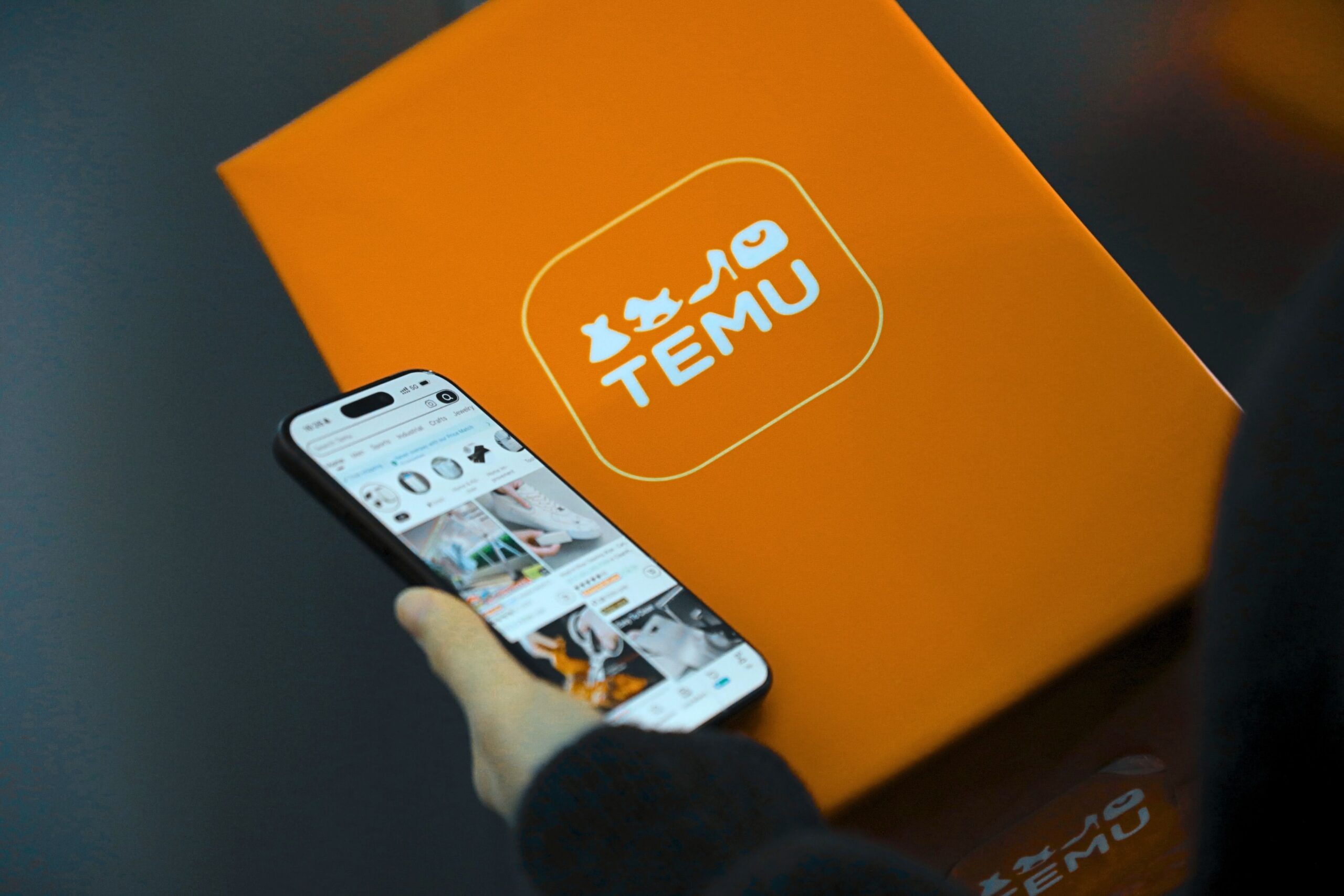

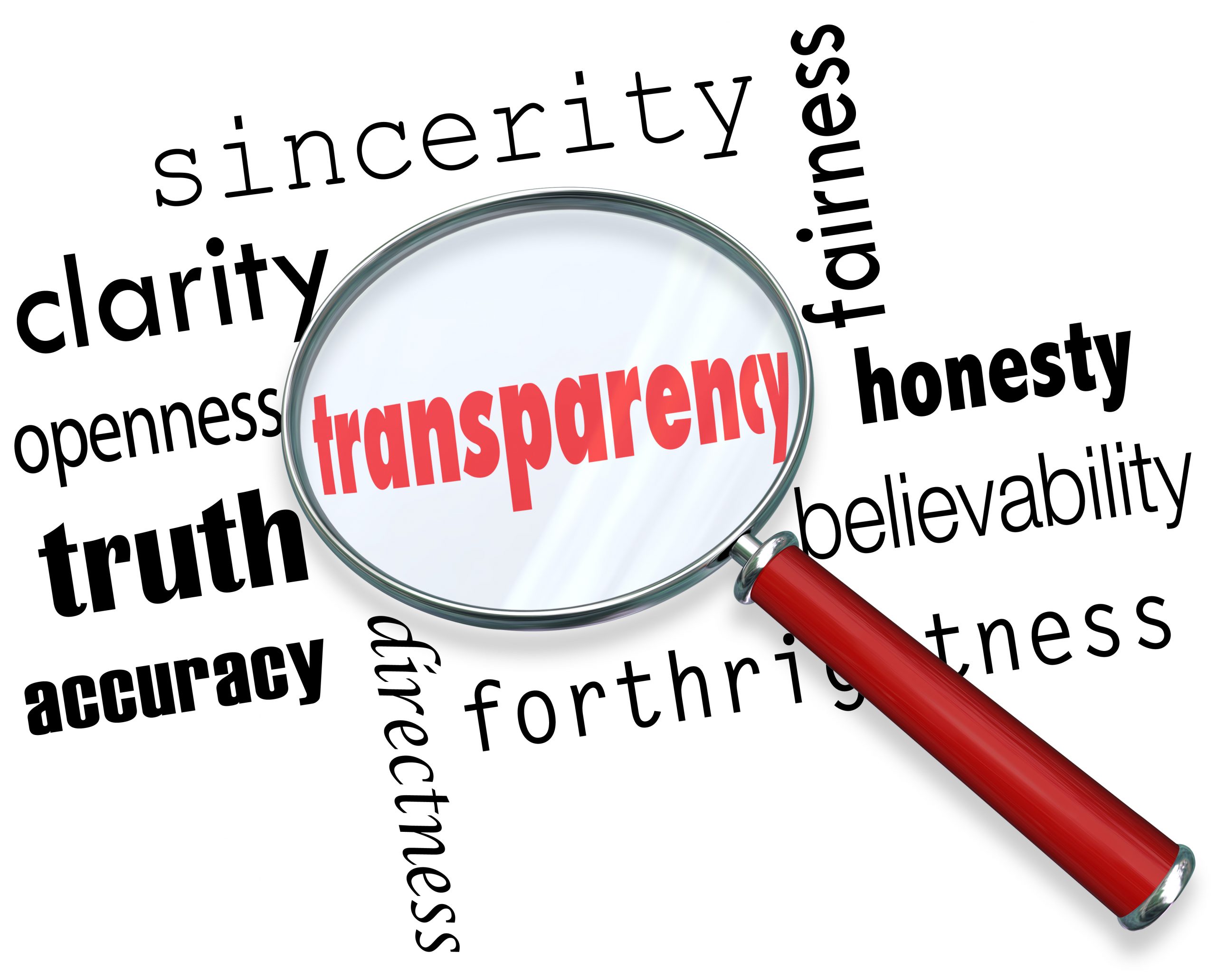


![[Advertisement]](https://ipwatchdog.com/wp-content/uploads/2021/12/WEBINAR-336-x-280-px.png)
